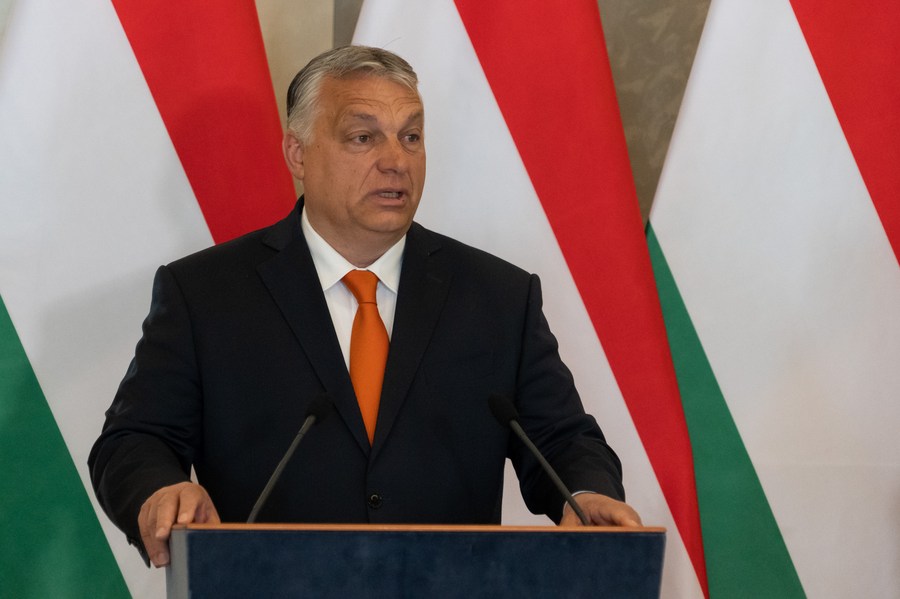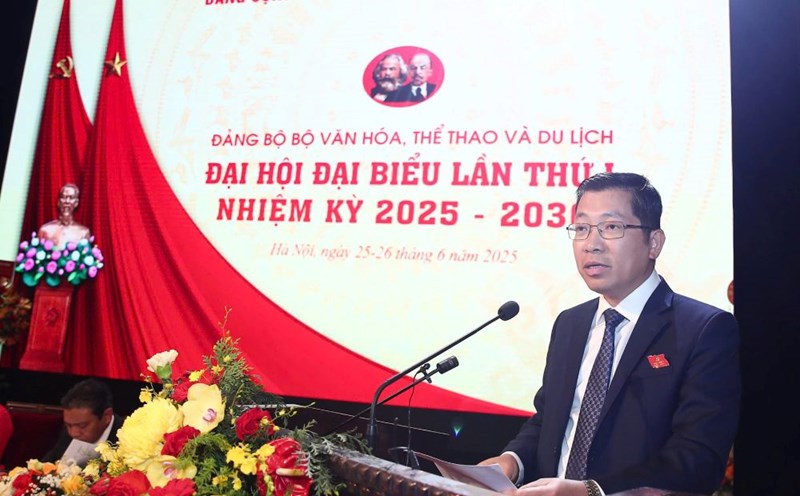Hungarian Prime Minister Viktor Orban said Russia was not a major threat to the EU, warning that the bloc's weakening role in the new global economy was the main threat.
Speaking to reporters before the NATO summit in The Hague on June 25, Prime Minister Orban commented that "the real threat to the EU is not security".
When asked the next question about whether Russia is considered a threat to NATO, Prime Minister Orban replied: "I don't think Russia is strong enough to pose a real threat to us. That is an economic problem and it loses our competitiveness in global trade. That is our problem," he said.
Mr. Orban made this comment before NATO leaders approved a sharp increase in defense spending, including the goal of increasing the GDP of member countries by 5% by 2035.

While some member countries support the plan, others have raised concerns about achieving the target due to financial constraints.
Mr. Orban's statements were also made after Hungary and Slovakia denied the latest package of EU sanctions against Russia earlier this week. The two countries are against a proposed regulation aimed at phasing out all remaining Russian gas imports to the EU by the end of 2027, arguing that it would endanger energy security and sharply increase consumer spending.
Energy prices surged across the EU after sanctions against Russia in 2022, pushing up production costs, especially in energy-intensive industries, and affecting much of the bloc's economy.
While the EU's share of Russian gas imports via pipelines has fallen due to sanctions and sabotage of the Nord Stream pipeline, the bloc has increased imports of liquefied natural gas (LNG) from Russia. Several landlocked countries, including Hungary, Slovakia, Austria, the Czech Republic and Serbia, still rely on Russian imports with various exemptions.
Russia has repeatedly asserted that it has no intention of being hostile to any EU country, dismissed the affirmations as "unreasonable" and accused Western countries of taking advantage of fear to justify increasing military budgets.
Russian President Vladimir Putin also accused NATO of inflating threats from Moscow on June 23 to promote arms race.











